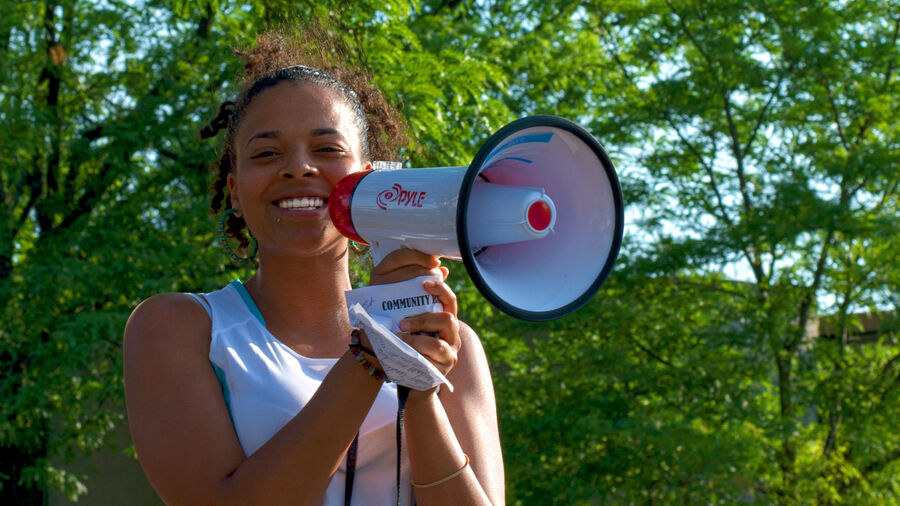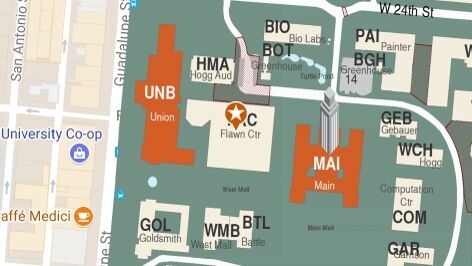Social Inequality, Health & Policy
Certificate in the Bridging Disciplines Programs

The Bridging Disciplines Program (BDP) certificate in Social Inequality, Health, & Policy introduces students to the causes and consequences of the huge disparities in health, life expectancy, and medical care delivery that exist in the world today.
Through the lenses of multiple disciplines, the BDP focuses on what national and local governments, as well as non-governmental organizations, can and should do to effectively reduce the most glaring health vulnerabilities. As part of the BDP, students will learn to investigate how large-scale demographic and social developments including international migration, the growing numbers of refugees and internally displaced persons, changes in marriage and family patterns, and aging populations affect nations' population structures, the overall quality of life of their populations, and the evolution of their health care delivery systems.
Eligibility
ShowDegree-seeking undergraduates in good academic standing at The University of Texas at Austin are eligible to apply to the BDPs. Students must be in at least the second semester of their freshman year to be eligible to apply. Students must plan to be enrolled at UT as a degree-seeking undergraduate for at least two semesters after the semester in which they apply to the BDP. The BDPs are open to undergraduate students from every college and school at UT. However, because there is significant overlap in program focus and coursework, some majors and BDP certificates may not be combined. View eligibility information for more details.
How to Apply
ShowApplications for the Bridging Disciplines Programs are accepted twice a year, during the fall and spring semesters. Learn additional information on how to apply to the BDPs. Interested students can attend an information session, which are offered throughout the semester.
Required Courses
ShowWith 19 credit hours of coursework and Connecting Experiences, students may earn a BDP certificate in Social Inequality, Health & Policy. View a complete list of courses and requirements.
Personality
ShowStudents in the Social Inequality, Health, & Policy BDP form a community with shared interests in learning about the disparities in socioeconomic status, access to health care, life expectancy, and quality of life in the world today. Social Inequality, Health, & Policy students have come from a wide range of majors at UT, including Anthropology, Asian Studies, Economics, Geography, Government, Human Biology, Nursing, Plan II, Pre-Med, Sociology, Social Work, and many others.
View student profiles to learn about personal experiences in the Social Inequality, Health & Policy BDP.
Skills
ShowAfter completing 19 credit hours consisting of coursework, as well as research and/or internship experiences, students earn a certificate that will be recognized on their transcript, demonstrating a secondary area of specialization that complements their major. By pursuing an interdisciplinary certificate, students in the BDPs learn to become more flexible, versatile thinkers, better prepared for a professional world that values innovation and collaboration. Students in the BDPs gain access to unique research and internship experiences at UT and around the world, giving them hands-on experience applying what they have learned in the classroom.
